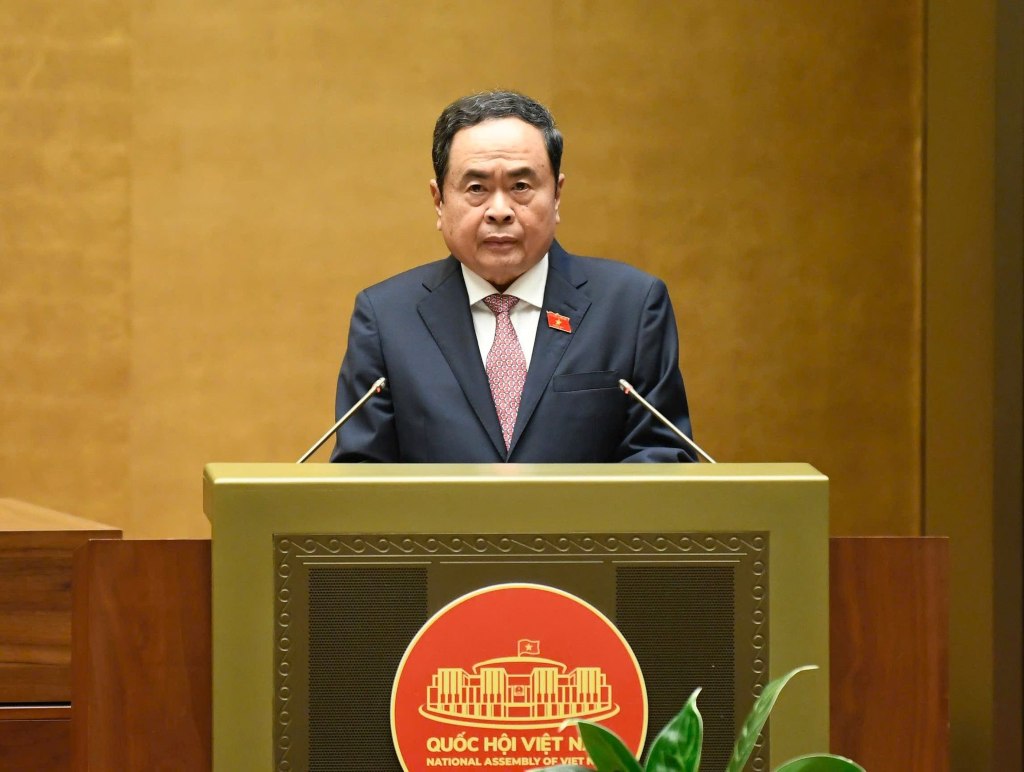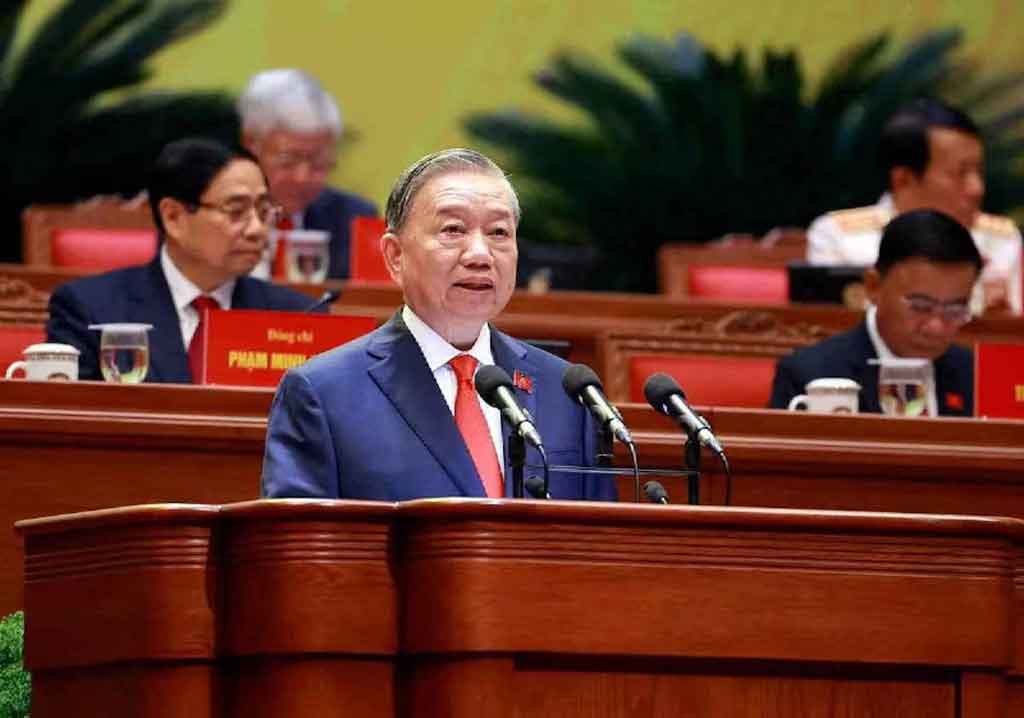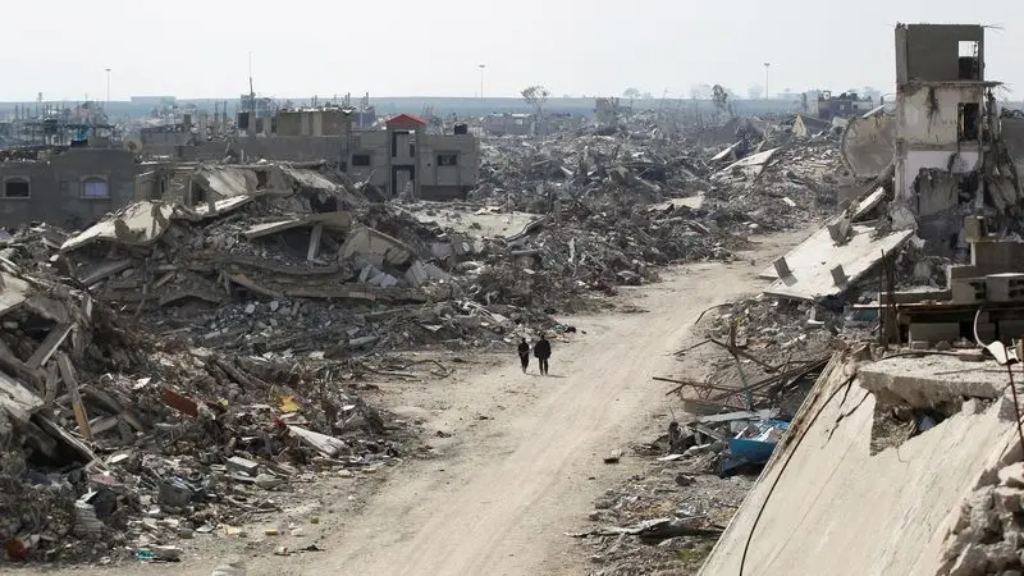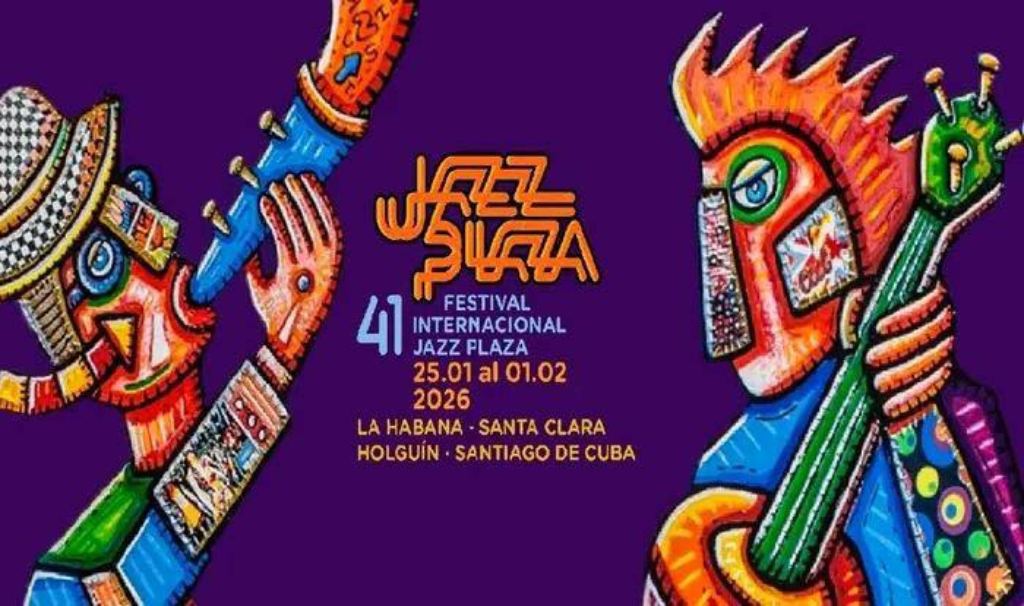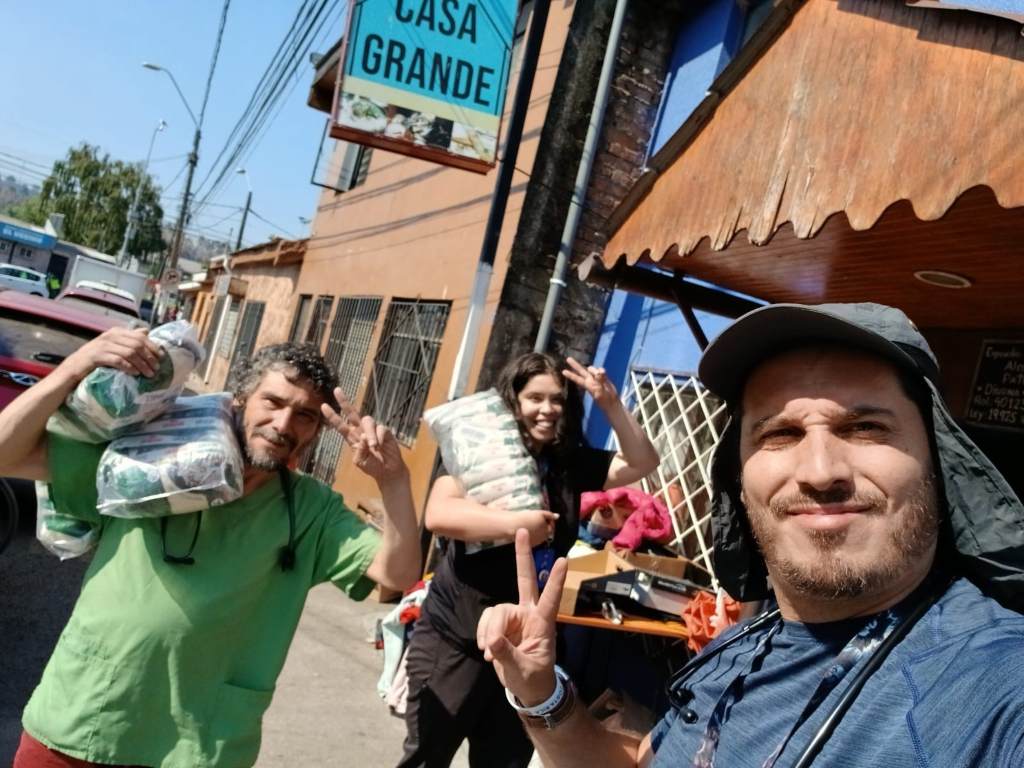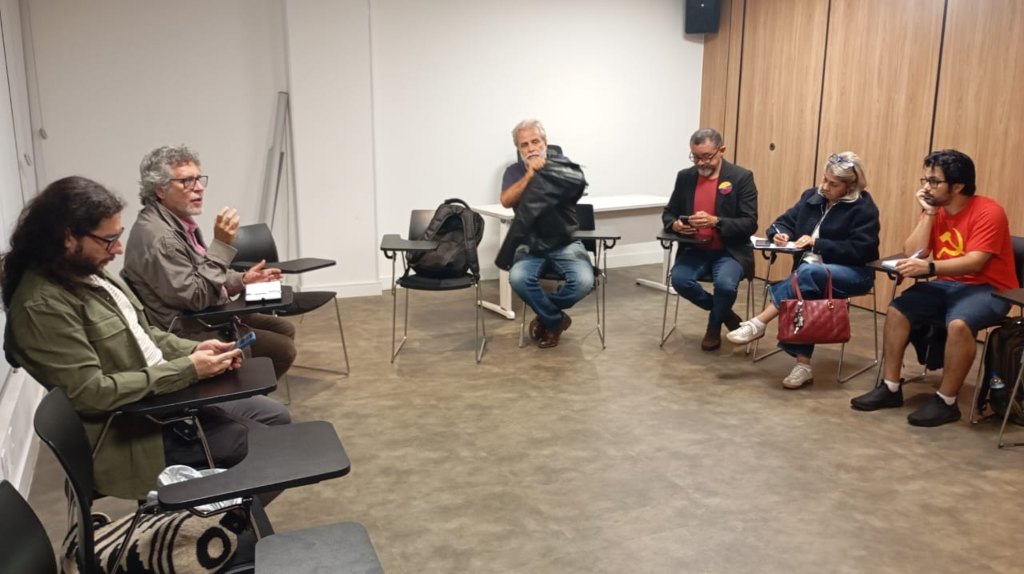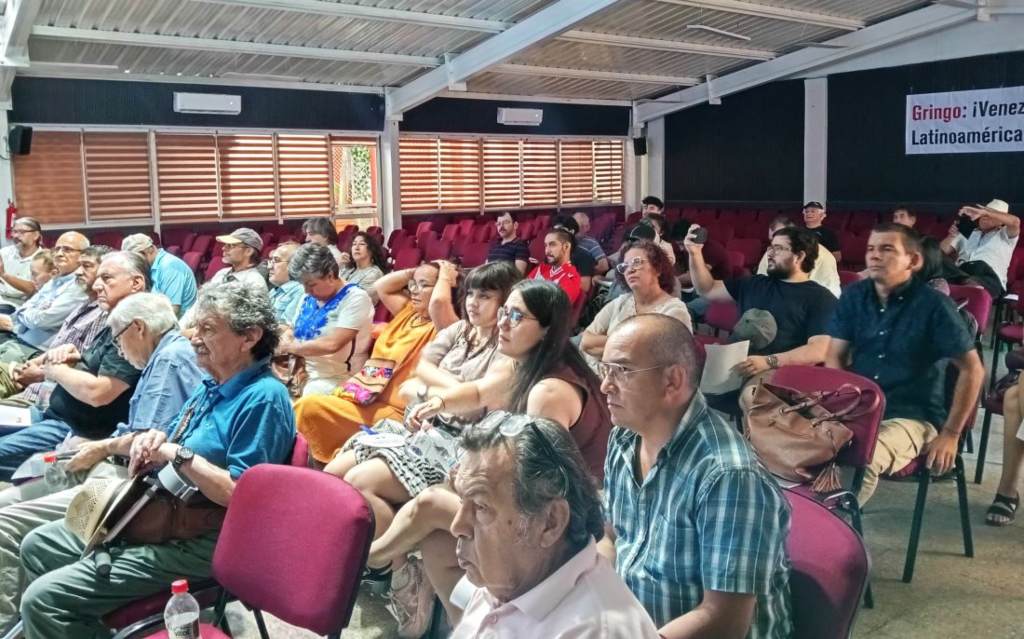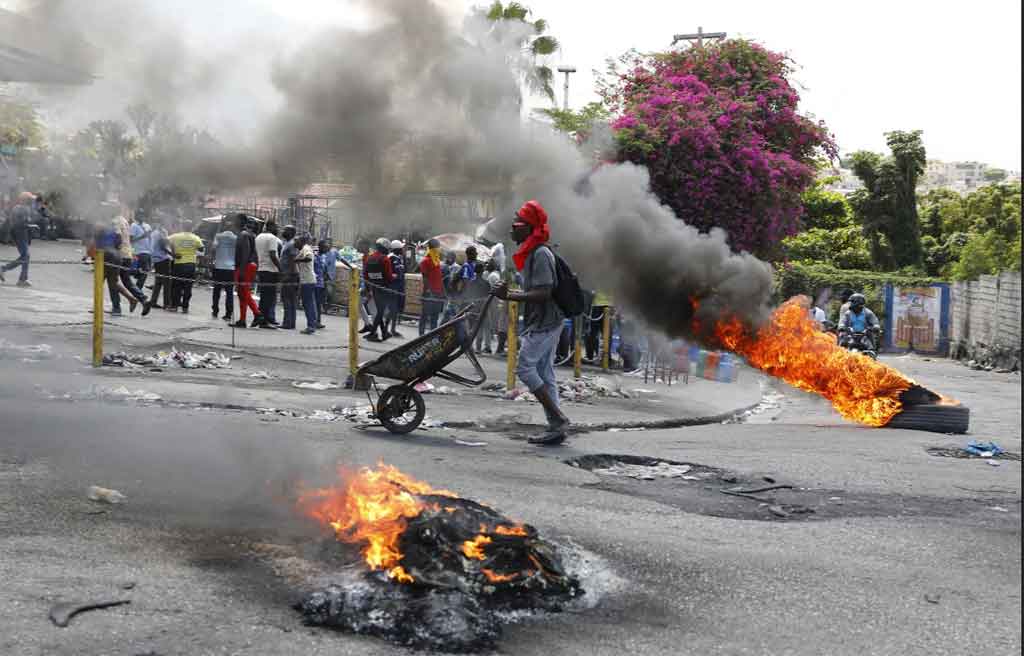In a significant address outlining Vietnam’s legislative priorities, National Assembly representative Thanh Man articulated comprehensive demands for parliamentary strengthening. The Vietnamese legislator emphasized the critical need to develop Parliament into a genuinely supreme state authority that authentically represents popular will while advancing both democratic principles and socialist rule of law.
The parliamentary leader characterized the recent party forum as a political milestone of exceptional strategic importance, marking the commencement of a new developmental phase for the nation. This gathering, described as both successful and historic, established ambitious objectives for achieving rapid yet sustainable national progress.
A central focus of the address involved the systematic transformation of party guidelines into a coherent, comprehensive, and stable legal framework. The National Assembly has explicitly designated the quality and timeliness of institutionalizing the Resolution from the 14th National Congress as the paramount benchmark for evaluating its operational effectiveness throughout the upcoming period.
Furthermore, the parliamentarian stressed the necessity of conducting meticulous preparations across all dimensions to ensure the successful organization of elections for the 16th National Assembly lawmakers and representatives to People’s Councils at various levels for the 2026-2031 term. This electoral process represents a crucial mechanism for implementing the nation’s developmental vision through democratic representation.
